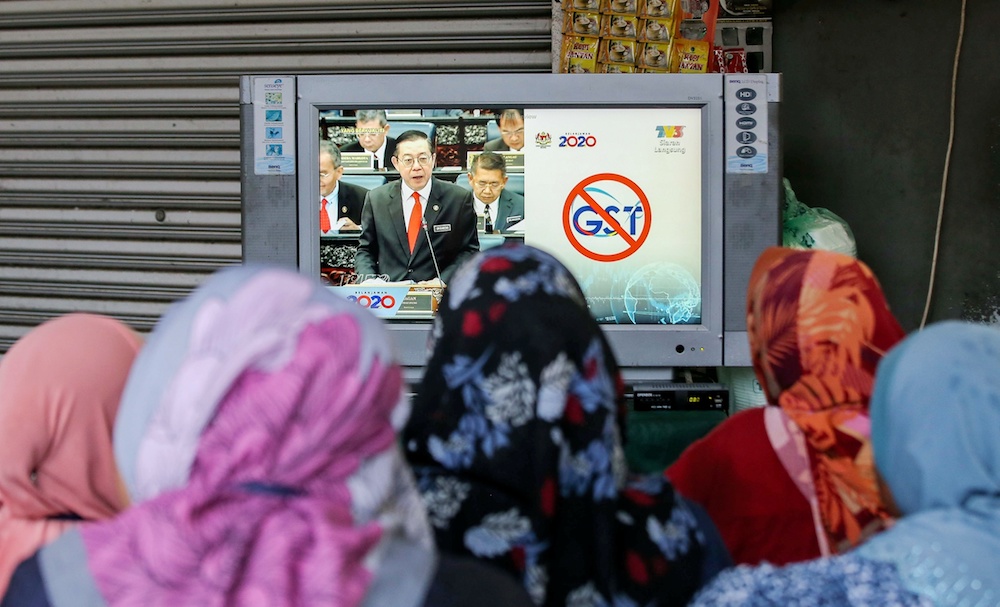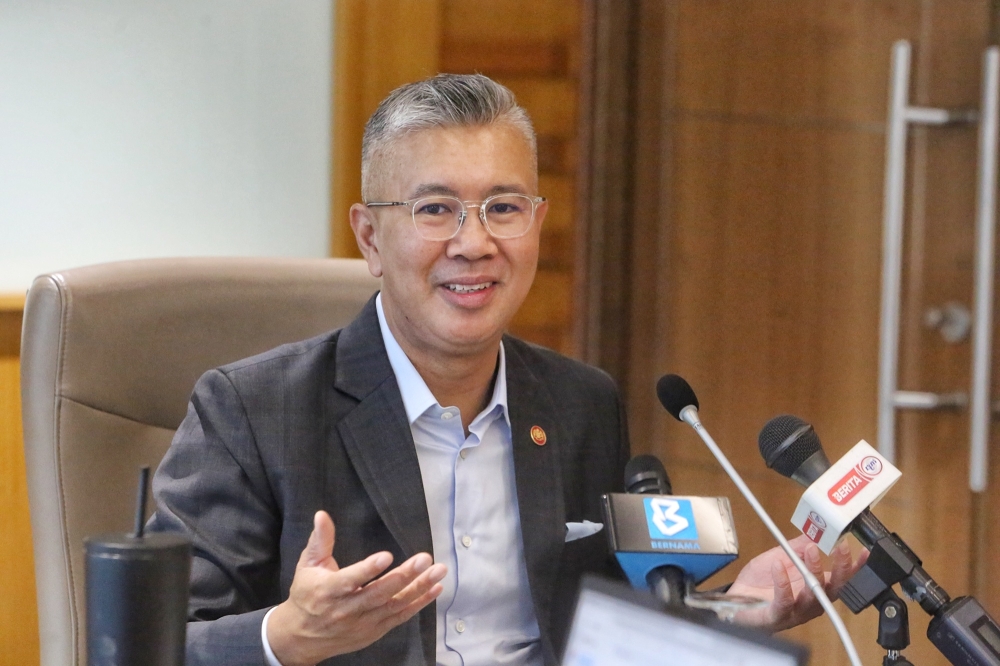PETALING JAYA, Oct 23 — Increasing the minimum wage by another RM100 in just 12 months will not solve the problem of high cost of living but will instead compound the problem with increased prices of goods and services, said the Malaysian Employers Federation (MEF).
Its president Tan Sri Azman Shah Haron said the government’s move to increase the minimum wage would have limited effect on the economy and that higher minimum wage would largely benefit foreign workers.
“In fact, more than 95 per cent of the minimum wage beneficiaries are foreign workers. This has limited multiplier effect on our economy because foreign workers are remitting a high percentage of the increased wages back to their home countries,” he told a press conference here today.
Azman Shah pointed out MEF had proposed several alternatives that the government should consider in lieu of raising wages, such as providing RM250 via a “BR1M-like” subsidy payment to assist Malaysians to cope with the increase in the cost of living.
He said giving such a subsidy to local workers would indirectly ensure that the money would not be repatriated overseas, thus further devaluing the ringgit.
“We would also like to suggest that the definition of minimum wages be amended to gross wages, which includes overtime and other benefits received, so that it encourages productivity growth,” he added.
On October 11 during the tabling of 2020 Budget, Finance Minister Lim Guan Eng proposed an increase of minimum wage in major cities to RM1,200 per month effective next year and that he government would also review the Employment Act 1955 to remain relevant with the current needs of the labour market.
The review, among others, would look into increasing maternity leave from 60 days to 90 days effective 2021 and the extending of overtime eligibility from those earning less than RM2,000 to those earning less than RM4,000.
Commenting on this, Azman Shah said such proposed amendments to a key labour legislation should be discussed in depth with the stakeholders, especially at the National Labour Advisory Council as it has very serious ramifications on the cost of doing business and industrial relations. — Bernama



















